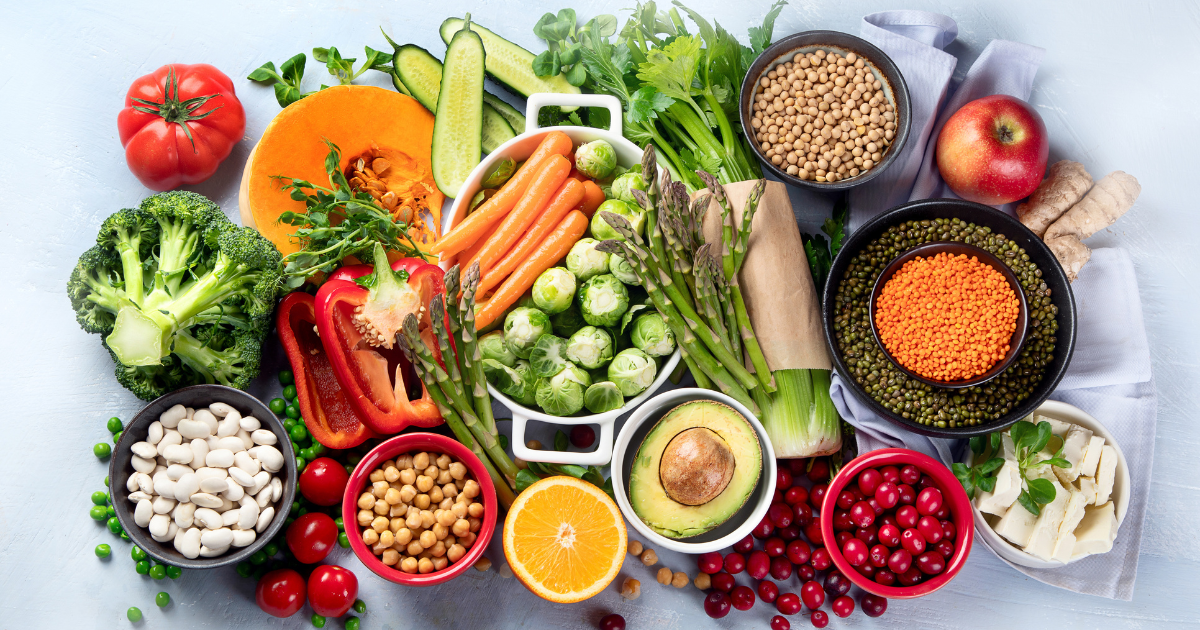
Cold sores, caused by the herpes simplex virus (HSV), can be very uncomfortable and a bit of an inconvenience. No diet will totally eradicate outbreaks; however, certain foods can help boost your immune system and make the cold sore attacks less frequent and less severe. It pays to know what to eat and what to avoid to keep this condition under control.
Foods to Eat
- Lysine-Rich Foods: Lysine is an amino acid that may help reduce the frequency of cold sore outbreaks. foods rich in lysine include dairy products (yogurt, cheese, and milk), meats (chicken, turkey, and lean beef), fish (salmon and sardines), legumes (lentils, chickpeas, and beans)
- Fruits and Vegetables: A diet high in fruits and vegetables can bolster your immune system specifically citrus fruits (oranges, lemons, and grapefruits are high in vitamin C, which supports immune function), berries (strawberries, blueberries, and blackberries are rich in antioxidants that help combat oxidative stress), leafy greens (spinach, kale, and broccoli are packed with nutrients that promote overall health).
- Nuts and Seeds: Almonds, walnuts, and pumpkin seeds are great sources of healthy fats, vitamins, and minerals that can support immune health.
- Whole Grains: Whole grains like brown rice, quinoa, and whole wheat bread provide essential nutrients and fiber, promoting a healthy digestive system that can enhance immune function.
- Garlic and Onions: These foods contain compounds that may boost the immune system and possess antiviral properties.
Foods to Avoid
- Arginine-Rich Foods: Arginine is another amino acid that can trigger cold sores in some individuals. Foods high in arginine include Nuts: Particularly walnuts and peanuts, Chocolate: Cocoa and chocolate products can be high in arginine Gelatin: Found in certain desserts and processed foods
- Processed and Sugary Foods: Foods high in sugar and refined carbohydrates can lead to inflammation and weaken the immune system. Try to minimize sweets and candies (sugar-laden snacks can promote viral activity), refined grains (white bread, pastries, and sugary cereals can spike blood sugar levels and may contribute to inflammation).
- Alcohol and Caffeine: Excessive alcohol and caffeine consumption can dehydrate the body and weaken the immune response, potentially leading to increased susceptibility to outbreaks.
- Highly Acidic Foods: Some individuals may find that highly acidic foods like citrus fruits and tomatoes can irritate existing cold sores, although these foods can also be beneficial due to their vitamin C content. Moderation is key.
Cold sores are a common reality for many, but that doesn’t mean you have to endure excessive discomfort. Eating foods that may reduce the severity of cold sores while avoiding those that exacerbate symptoms can make a difference. Although no specific diet can completely prevent cold sores, a balanced diet rich in lysine, vitamins, and minerals can support your immune system and potentially decrease the frequency and intensity of outbreaks. Conversely, limiting arginine-rich, processed, and sugary foods may help minimize triggers.
Cold Sore Treatment
It’s well-known among physicians that leading cold sore medications often don’t work effectively for most people. For instance, products like Abreva, which contain Docosanol 10%, barely make a difference in alleviating symptoms. Moreover, there have been no significant drug breakthroughs in over 20 years, likely because cold sores are not considered life-threatening and typically resolve on their own within about a week. However, this is little consolation for the millions who endure the pain, discoloration, and social impacts associated with outbreaks.
While traditional treatments may fall short, a few recent breakthrough approaches – such as those containing tranexamic acid – show promise for rapid cold sore care.
